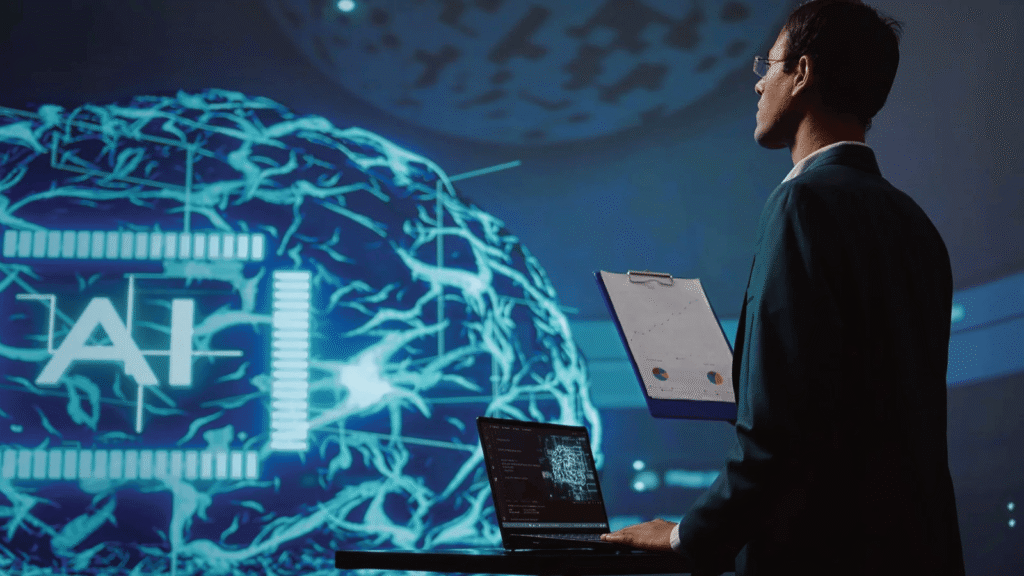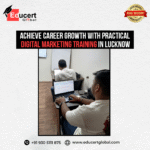AI Won’t Replace Your Thinking—Unless You Let It
The real risk of artificial intelligence isn’t replacement—it’s comfort. Humanity has always been a species of toolmakers. From the first shovel to the smartphone, our inventions have expanded what’s possible. Yet every tool shares the same truth: it changes where effort goes, not whether effort is needed.
That’s how I see AI. It’s our next great tool. But like every tool before it, it can sharpen our minds or dull them. The difference lies not in the algorithm but in our critical thinking—in how we choose to engage with it.
Growth Never Gets Old
For nearly 30 years, I’ve worked with incarcerated women rebuilding their lives through meaningful work. Many arrive never having used a CRM or managed a client. Within months, they’re running enterprise systems, leading calls with executives, and analyzing campaign data.
Their transformation proves something powerful: learning keeps us alive. Science agrees—continued mental engagement slows cognitive decline and strengthens human intelligence. Growth isn’t a matter of age or background—it’s a choice.
The Real Threat: Intellectual Disengagement
AI Won’t Replace the thinkers who stay curious—but it might tempt us to stop thinking altogether. According to a KPMG survey, 66% of employees rely on AI output without checking its accuracy, and more than half have made costly mistakes because of it. That’s not the machine’s fault—it’s ours.
The danger isn’t automation; it’s abdication. As AI accelerates—from generating research to writing code—the temptation grows to let it decide for us. But progress demands critical thinking, not passive consumption.
Comfort Is the Enemy of Growth
In our company, we use AI to automate tasks and create starter content, but no model can replace strategy, adaptability, or emotional connection. As AI takes over repetitive work, humans must think deeper, decide faster, and build trust in ways algorithms can’t.
The next generation faces a new challenge: not ignorance, but overdependence. A teenager can now generate an essay in seconds—but the skill that matters most is asking better questions.
Because the real danger isn’t that AI makes us less intelligent—it’s that it makes us comfortable.
The Future Belongs to the Curious
Leaders must ensure AI enhances—not replaces—our human intelligence. We must teach AI literacy, encourage experimentation, and preserve what makes us human: creativity, ethics, and empathy.
The World Economic Forum ranks critical thinking, problem-solving, and creativity as top future skills. Yet these are precisely the abilities declining as we lean more on machines.
So no—AI Won’t Replace your thinking, unless you let it. The curious, the adaptable, and the engaged will thrive.
Growth never expires. You just have to decide to use it.
Explore AI TechPark for the latest insights on AI, IoT, cybersecurity, and AI tech news shaping tomorrow’s intelligent world.
AI Won’t Replace your thinking—unless you let it. The real threat isn’t technology but losing curiosity and critical thinking. As human intelligence meets automation, growth will belong to the curious, adaptable, and engaged. AI can assist, but only you can think deeply, question boldly, and lead with creativity. Stay sharp and explore innovation that empowers minds, not replaces them. For expert insights on AI, cybersecurity, and future tech, explore ai tech news at AITechPark today.


